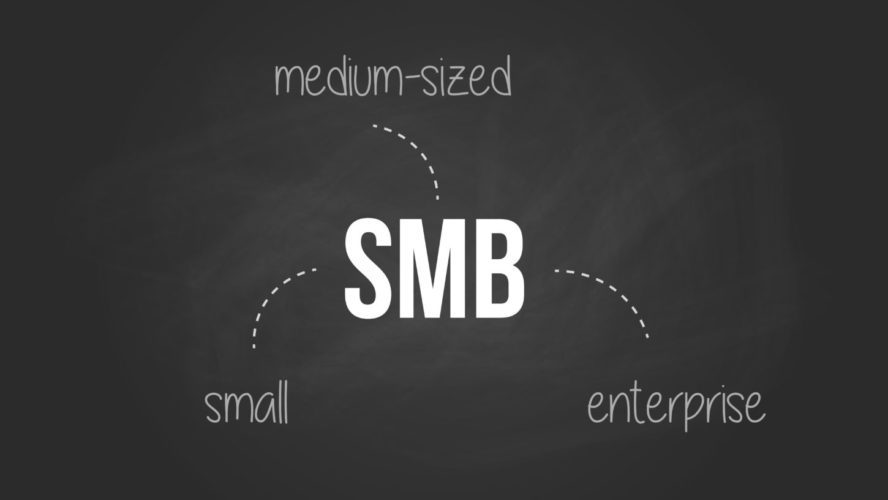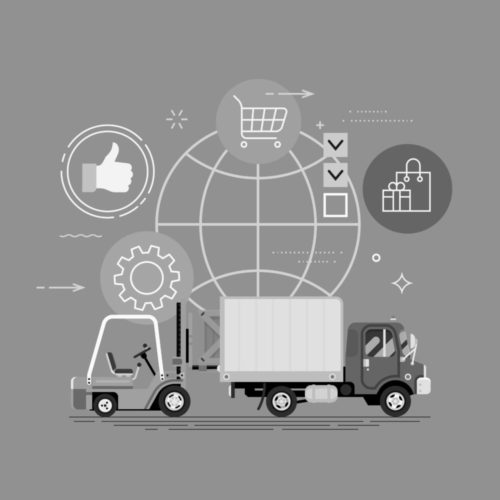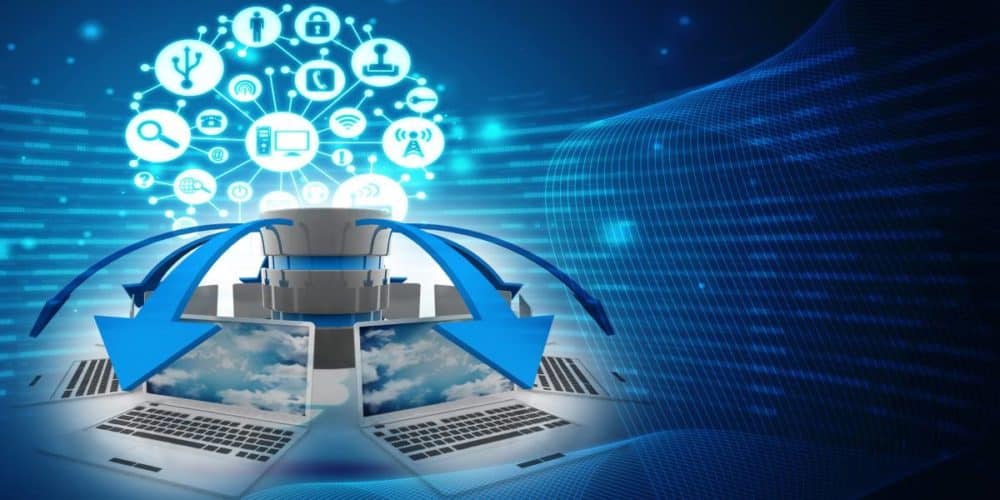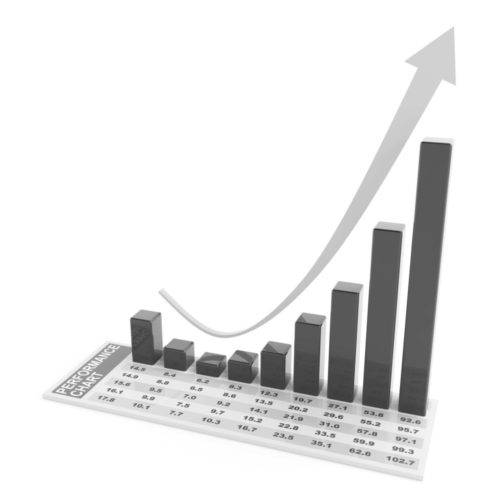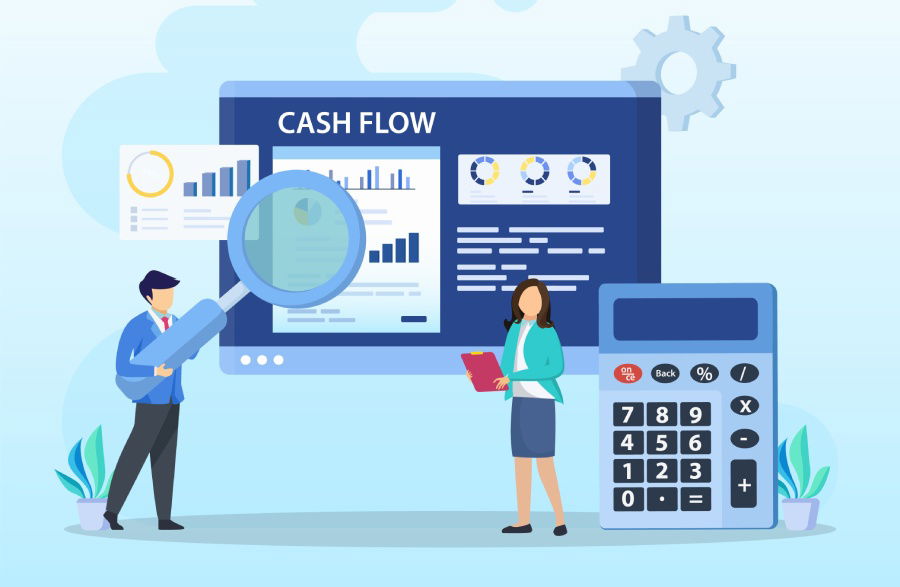Businesses dealing with large volumes of financial or operational data often turn to customized software solutions to enhance their management strategies. Two of the most essential tools in this regard are Enterprise Resource Planning (ERP) and accounting software. While both play a vital role in streamlining and simplifying key processes, they are frequently used interchangeably. However, the primary distinctions between ERP and accounting software lie in their scope and scale. Understanding these differences is crucial for selecting the right solution for your business.
In this blog, we will explore the key differences between ERP and accounting systems, highlight the essential criteria to consider when selecting an ERP system, and discuss the benefits that come with integrating ERP with accounting systems for businesses.
Accounting Software Overview
Accounting software is mainly designed to help accountants and record-keepers track and report an organization’s financial transactions. It offers an automated reporting system that streamlines processes, saving time, reducing accounting costs, and freeing up office space. By eliminating the need for physical binders, accounting software enables professionals to conduct audits more efficiently and stay organized in a simplified way.
Accounting software is designed to offer greater visibility into your business’s profits and losses while also generating relevant reports to support informed decision-making.
Simplicity: Accounting software focuses solely on financial management, making it easier to implement and use. Its streamlined functionality ensures that users can quickly handle financial tasks without the complexity of additional features found in broader systems.
Cost-Effective: Accounting software is generally more affordable for small businesses with limited accounting needs. Its simpler scope and functionality make it a cost-effective solution for businesses that primarily require basic financial tracking and reporting.
Efficiency: Accounting software automates routine accounting tasks, enhancing accuracy and minimizing manual errors. Streamlining processes such as data entry and calculations helps ensure more reliable financial reporting and saves valuable time.
ERP Overview
Enterprise Resource Planning (ERP) software differs from accounting software because it offers a comprehensive, integrated solution for businesses. In addition to providing all the functionalities of accounting software, ERP allows companies to manage inventory, customer relationship management (CRM), human resources, marketing, and other business operations through a single application.
As a result, ERP provides a comprehensive view of operations, helping businesses make informed decisions based on a complete understanding of their performance.
Streamlined Operations: ERP software offers a unified platform that enhances communication and coordination between departments. Centralizing data and processes allows teams to collaborate more effectively.
Scalability: ERP software is ideal for growing businesses that require more than just financial management. As these businesses expand, they need a solution that can integrate various functions, such as inventory, HR, and customer relations, into one cohesive system, streamlining operations and supporting further growth.
Real-Time Insights: ERP software provides a comprehensive view of business performance, enabling data-driven decision-making. Consolidating information from various departments gives leaders and managers real-time insights.
Improved Reporting: ERP software facilitates advanced financial reporting and forecasting across multiple departments. Consolidating data from various areas of the business enables more accurate financial analysis, helping organizations predict trends.
Industry Applications of ERP and Accounting Software
ERP and accounting software play critical roles across various industries, providing customized solutions to address specific operational and financial requirements. Here’s an overview of how they are applied in different sectors:
Financial Services
ERP: In banking and financial institutions, ERP and accounting software are used for compliance management, risk assessment, and automating workflows.
Accounting Software: In accounting and finance, software primarily focuses on generating detailed financial reports, ensuring tax compliance, and managing transactions.
Logistics and Supply Chain
ERP: In logistics and supply chain management, ERP and accounting software optimize transportation management, inventory control, and real-time tracking of goods.
Accounting Software: In logistics and supply chain management, ERP and accounting software track expenses related to transportation, warehousing, and overall operational costs.
Healthcare
ERP: In healthcare, ERP and accounting software streamline patient records, billing, supply chain logistics for medical equipment, and regulatory compliance.
Accounting Software: In healthcare, accounting software handles billing cycles, insurance claims, and financial reporting for healthcare providers.
Retail and eCommerce
ERP: In retail and manufacturing, ERP software manages inventory levels, customer orders, and warehouse operations. It also integrates with Customer Relationship Management (CRM) systems to enhance sales and marketing efforts.
Accounting Software: In retail operations, accounting software supports tracking sales revenue, payment reconciliation, and tax calculations. These systems simplify the management of daily transactions, ensure accurate revenue reporting, and streamline payment processes.
Construction and Real Estate
ERP: In project management, ERP software tracks project timelines, resource allocation, contract management, and compliance requirements.
Accounting Software: In project management, ERP software manages project budgets, payroll, and expense tracking to ensure cost-effective operations.
Key Differences Between Accounting Software and ERP Software
| Feature |
Accounting Software |
ERP Software |
| Primary Focus |
Financial transactions, compliance, and reporting |
Integrated business operations across various departments |
| Functionality |
Core accounting tasks such as GL, AP, AR, and reporting |
Broad functionality covering finance, HR, CRM, supply chain, etc. |
| Scope |
Limited to financial management |
Covers multiple areas of business beyond accounting |
| Integration |
Typically, standalone or with basic integration |
Seamlessly integrates with various business functions |
| User Base |
Finance and accounting teams |
Various departments, including finance, operations, HR, and more |
| Customization |
Limited customization for financial needs |
High customization to fit specific industry or business requirements |
Which Solution Is Right For Your Business?
Choosing between accounting software and ERP software largely depends on the size, complexity, and growth stage of your business. If you’re just starting out or running a small operation with relatively simple financial needs, accounting software provides the essential features you need without overwhelming your team. It’s a cost-effective and straightforward solution for managing basic financial tasks, allowing your business to operate efficiently without unnecessary complexity.
However, ERP software is the ideal choice if you’re managing a larger, more complex operation where multiple departments need to be integrated into a single system. It streamlines processes across various functions, such as finance, inventory, HR, and customer relations, into one cohesive platform, improving collaboration, efficiency, and data-driven decision-making as your business grows.
Why Choose Bista Solutions?
At Bista Solutions, we specialize in delivering customized ERP solutions tailored to the unique needs of your business. Our team of experts will guide you through the implementation of an ERP system that integrates seamlessly with your accounting, inventory, HR, and other business functions. This ensures that your operations are streamlined, boosting efficiency and enabling you to focus on growth and success.
Contact us today for a free consultation, and let’s take your business to the next level with the right software!

